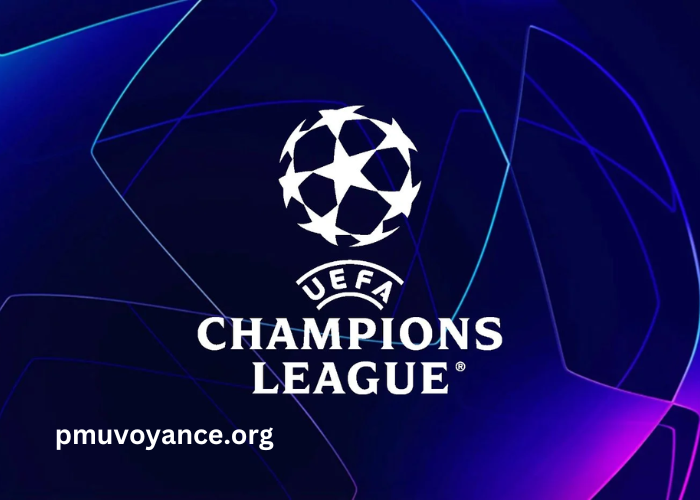
The UEFA Champions League, known as Ligue des Champions in French, stands as the pinnacle of club football competition in Europe. With a rich history, elite teams, and breathtaking matches, it represents the ultimate achievement for clubs across the continent. In this comprehensive guide, we will explore the significance of Ligue des Champions, its historical evolution, the competition format, key teams, memorable moments, and its impact on football and beyond.
What is Ligue des Champions?
The UEFA Champions League is the premier European club football tournament organized by the Union of European Football Associations (UEFA). The competition, which began in 1955, showcases the top football clubs from various European leagues battling for the coveted title of European champion.
Ligue des Champions features the best teams from Europe’s top domestic leagues, including the English Premier League, La Liga (Spain), Serie A (Italy), Bundesliga (Germany), and Ligue 1 (France), among others. The tournament is renowned for its high level of competition, star players, and iconic matches.
Historical Evolution
- Origins and Early Years:
- The tournament was originally known as the European Cup, inaugurated in 1955. It was designed to determine the best football club in Europe.
- The first competition saw Real Madrid emerge as the inaugural champions, setting a precedent for future dominance.
- Transformation to Champions League:
- In 1992, the competition was rebranded as the UEFA Champions League, marking a new era with changes to the tournament format and increased commercial appeal.
- The introduction of a group stage and the ability for multiple teams from the same league to participate significantly expanded the tournament’s reach and prestige.
- Modern Era:
- The Champions League has since become one of the most-watched and commercially successful football tournaments globally.
- The modern format includes a group stage, knockout rounds, and a final, all culminating in a climactic showdown to determine the champion.
Competition Format
- Qualifying Rounds:
- Teams must first qualify for the group stage through domestic league performance or by winning national cup competitions.
- The qualification process includes multiple rounds where teams compete for a place in the group stage.
- Group Stage:
- The group stage consists of 32 teams divided into eight groups of four.
- Each team plays home and away matches against the other teams in their group, with the top two from each group advancing to the knockout rounds.
- Knockout Rounds:
- The knockout stages include the Round of 16, Quarter-finals, Semi-finals, and the Final.
- Teams play two-legged ties (home and away) in the Round of 16 and Quarter-finals, with aggregate scores determining who advances.
- Final:
- The semi-final winners face off in a single match to decide the champion.
- The Final is one of the most-watched football events worldwide, celebrated for its high stakes and thrilling gameplay.
Key Teams and Their Impact
- Real Madrid:
- Real Madrid is the most successful club in the history of the Champions League, with numerous titles to their name.
- The club’s dominance, particularly in the modern era, has cemented its status as a football powerhouse.
- FC Barcelona:
- FC Barcelona has been a major force in the Champions League, known for its exciting attacking play and memorable victories.
- The club’s success under managers like Johan Cruyff and Pep Guardiola has left a lasting legacy.
- AC Milan:
- AC Milan has a storied history in the Champions League, with multiple titles and iconic players contributing to its legacy.
- The club’s success spans several decades, highlighting its continued prominence in European football.
- Liverpool FC:
- Liverpool FC is renowned for its remarkable Champions League victories and dramatic comeback performances.
- The club’s passionate fan base and historic successes, including the famous 2005 comeback in Istanbul, define its Champions League legacy.
- Bayern Munich:
- Bayern Munich has been a dominant force in European football, known for its consistent performances and high-quality squad.
- The club’s victories in recent years have solidified its status as one of Europe’s elite clubs.
Conclusion
Ligue des Champions represents the zenith of European club football, showcasing the best teams, players, and moments in the sport. With its rich history, dramatic matches, and significant impact on football and beyond, the Champions League stands as a testament to the excitement and passion that define the beautiful game.
From its origins as the European Cup to its current status as a global football phenomenon, the Champions League continues to captivate fans and shape the future of the sport. As the tournament evolves, it will undoubtedly remain a central fixture in the world of football, celebrating the triumphs and challenges of Europe’s elite clubs.